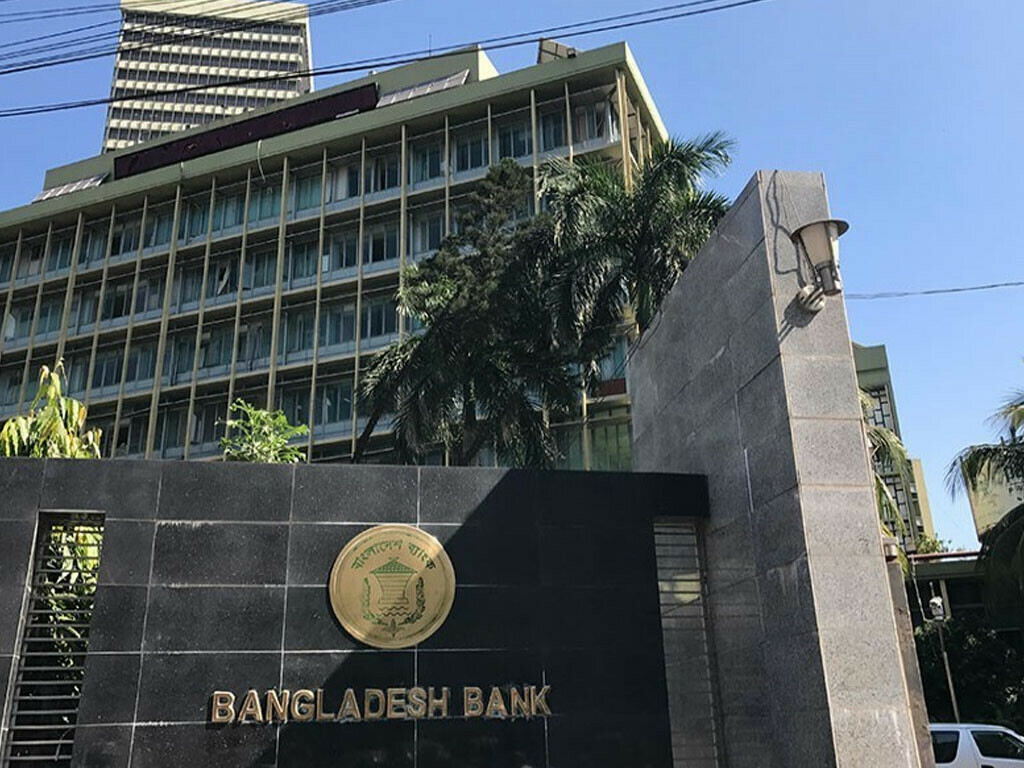Bangladesh is grappling with a widening gap between the official and open market exchange rates for the US dollar, as local banks are mandated to follow the central bank’s prescribed rate amidst a severe currency shortage. Despite efforts to stabilize the currency, the open market rate for the dollar has soared, revealing a significant Tk15 discrepancy from the regulated rate.
On Thursday, the informal or “kerb” market observed a decline in the US dollar’s value, dropping from Tk 127 to Tk 126. By Sunday evening, the price had further decreased to Tk 123, according to AKM Ismail Haq, president of the Money Changers Association of Bangladesh. This decline comes after more than a year and a half of market turbulence caused by persistent dollar shortages.
The informal currency market experienced increased activity following reports that some banks were offering Tk 124 per US dollar to encourage transactions through formal channels rather than through unregulated systems like “hundi.” In an attempt to regulate the market, on November 8, both the Bangladesh Foreign Exchange Dealers’ Association and the Association of Bankers’ Bangladesh advised banks not to exceed Tk 115 per dollar for remittance payouts.
In response to these recommendations and ongoing issues, Bangladesh Bank has taken a firm stance by directing local banks to strictly adhere to its pre-fixed rate for dollar transactions. The central bank’s Executive Director, Mezbaul Haque, warned of severe penalties for banks that fail to comply with this directive and engage in excessive dollar purchases.
The central bank’s actions include issuing warnings against higher remittance payouts and verbally instructing currency exchangers to purchase US dollars at Tk 117 each while maintaining a maximum commission limit of Tk 1.5 per transaction.
As the central bank continues its probe into illegal traders involved in high-rate trading and refrains from commenting on the rate discrepancy, it remains clear that regulatory measures are intensifying in an effort to bring stability to Bangladesh’s foreign exchange market.
Source : Investing.com


